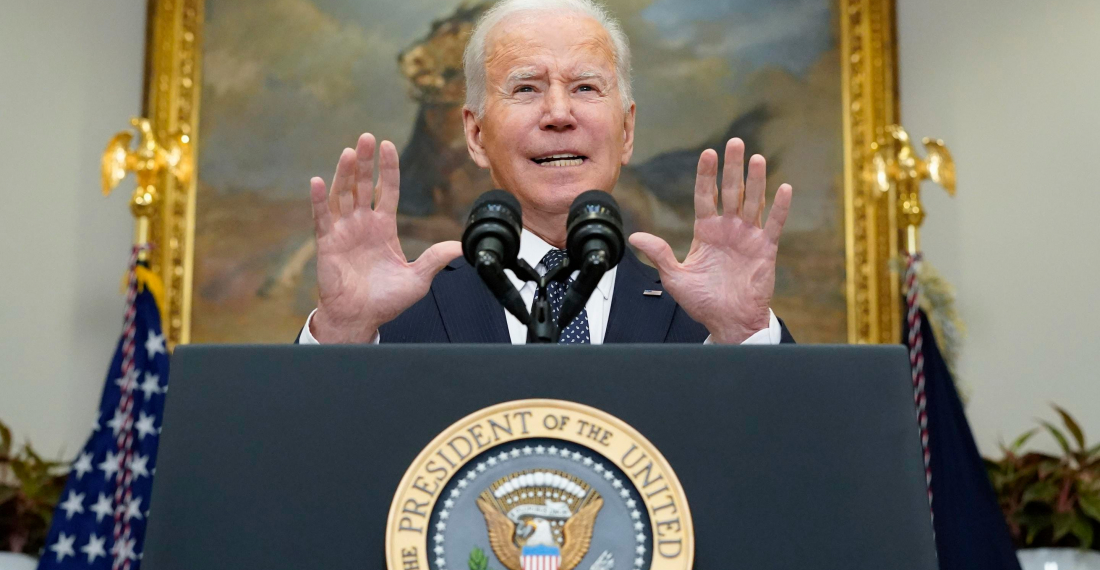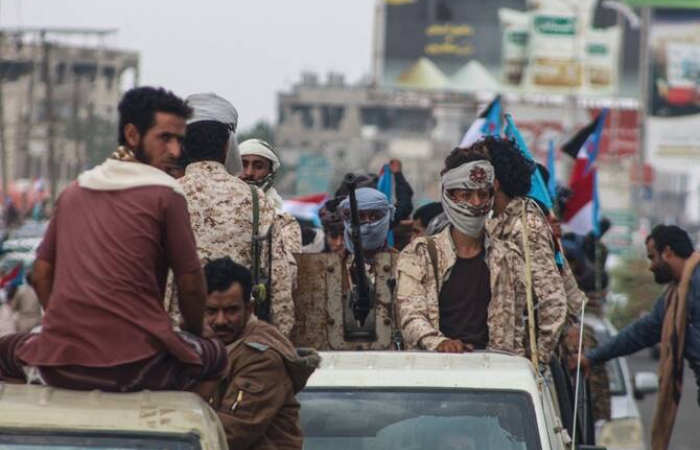Editor's choice
This is a members’ functionality. Please
Sign upNews
Trending
STC announces two year transitional period and referendum ahead of self-determination for South Yemen
3 January 2026
Tensions remain high in South Yemen, one week after an unprecedented rift between Saudi Arabia and UAE, as a result of which UAE withdrew its forces from Yemen.
On Friday (2 January), the UAE backed Southern Transitional Council (STC), an umbrella of groups in the South, announced a two-year transition period leading to a popular referendum and self-determination for the South.
The announcement came after political tensions spiraled into clashes on the ground as Hadhramaut's governor, backed by the Presidential Leadership Council (PLC) chief, launched a military operation to retake STC-held positions.
The STC said the transitional period would be used to agree “a clear path and mechanisms that guarantee the right of the southern people within a defined time frame”. Its statement added that the process would include a referendum regulating the exercise of the southern people’s right to self-determination, through peaceful and transparent mechanisms consistent with recognised international rules and practices, and with the participation of international observers,” the STC said.
It is also understood that Saudi Naval Forces have been active in the Arabian Sea.
The STC, which seeks the restoration of an independent South Yemen, took control of Hadhramaut and Mahra from other pro-government forces, effectively consolidating its grip over all southern governorates.
Saudi Arabia, which hosts senior Yemeni government and PLC figures, condemned the STC’s takeover. The kingdom has led the anti-Houthi alliance since 2015, with the UAE playing a key role in the south.
In the meantime, Saudi Arabia’s foreign ministry has invited factions in south Yemen to hold a dialogue in Riyadh to “discuss just solutions to the southern cause.”
The ministry statement said the conference in the Saudi capital had been requested by Rashad Al-Alimi, President of the Yemeni Presidential Leadership Council, and the Kingdom urged all factions to participate “to develop a comprehensive vision” that would fulfill the aspirations of the southern people.
(click the picture to read the full story)






